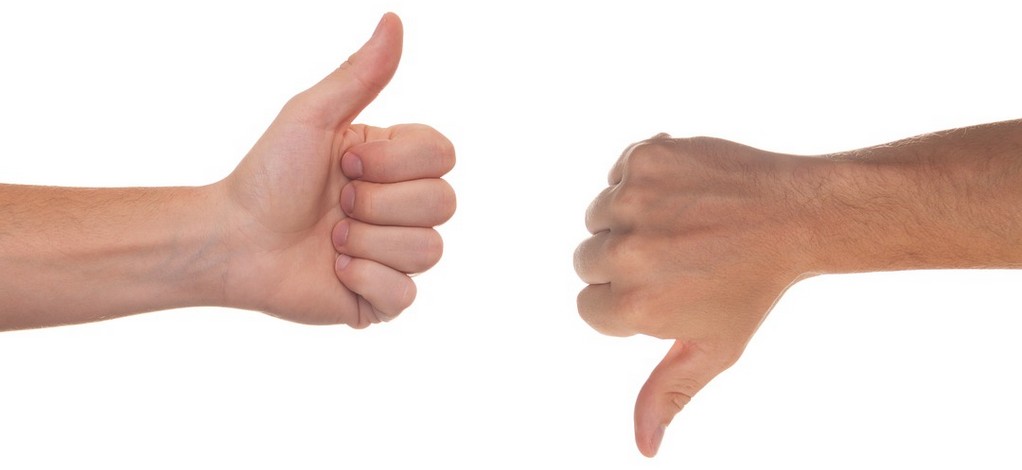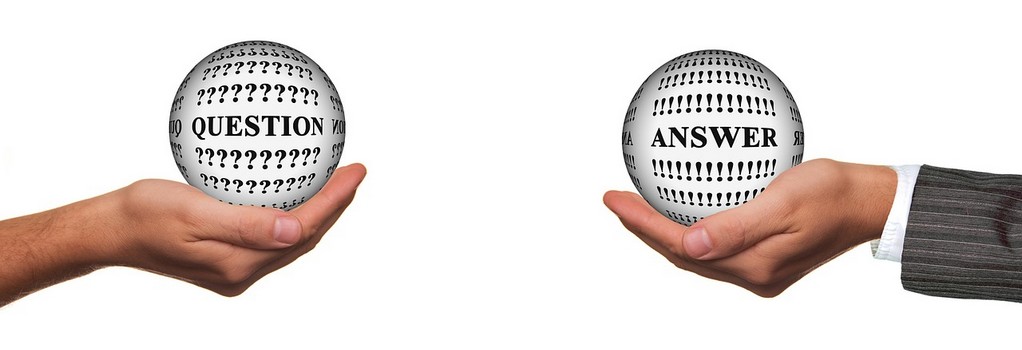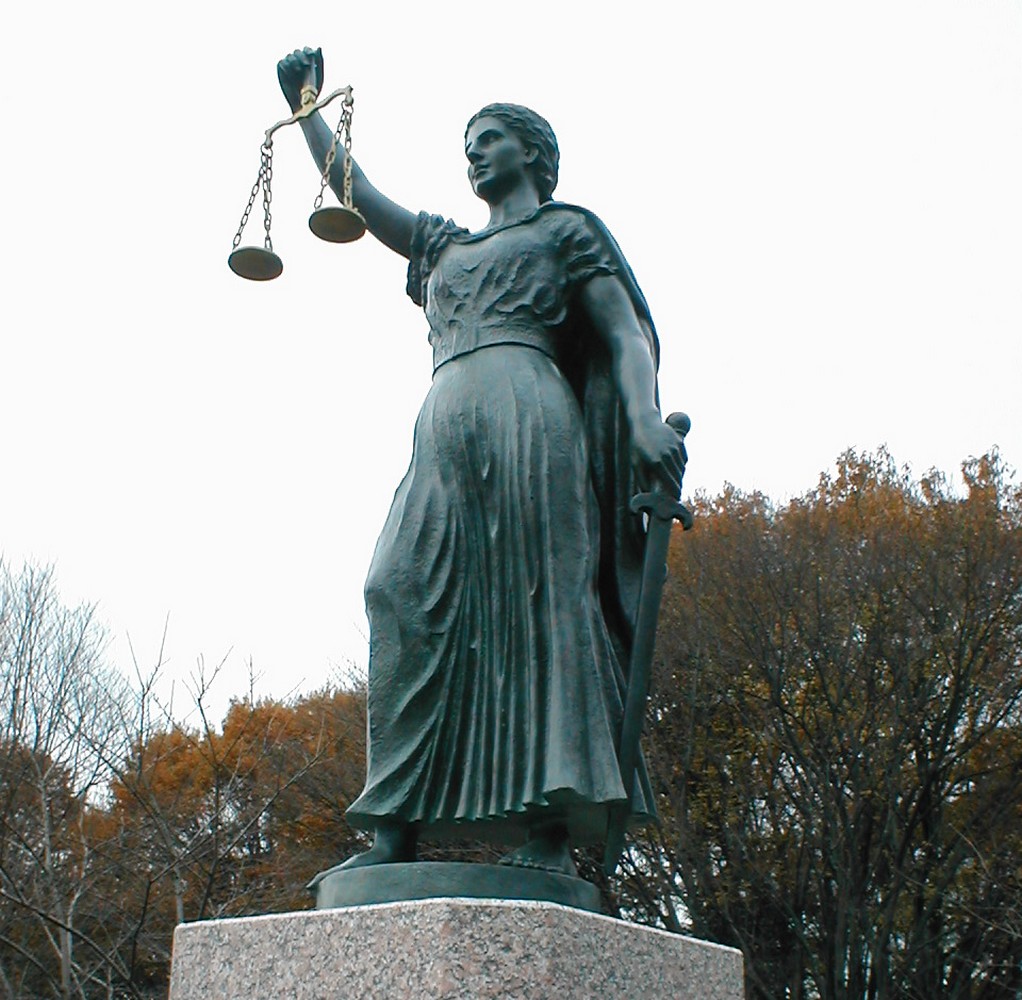英語で最高のスピーチを作るのが、
これまでになく簡単に、楽しくなります。
Making great speech in English
will have never been easier. Or more fun.
身近な話題から最新のニュースまで、名古屋英語ディベートサークルではあらゆる
論題について英語で賛成と反対に分かれた議論「ディベート」を行います。英語だけ
じゃない、人と人が向き合い心を動かす力。ディベートは両論を闘わせて新しい価値を
創造するクリエイティブなプロセスです。コミュニケーション力、とっさに考える決断思考。
記憶力がモノを言うスピーチコンテストでは味わえないドラマ、それがディベートです。
From our near affairs to the top news, we have debate in English with a variety
of themes which is contention in interactive and representational argument and
consists of two teams("for, 'Affirmative'" and "against, 'Negative'"). Our goal is
more than English. It's power inspires to face each other. Debate is the creative
process of exchanging the pros and cons for a new value innovation. It's dramatic
that is something you need communicative competence and spur of the moment
critical thinking. And is entirely different from speech contest that photographical
memory talks.







